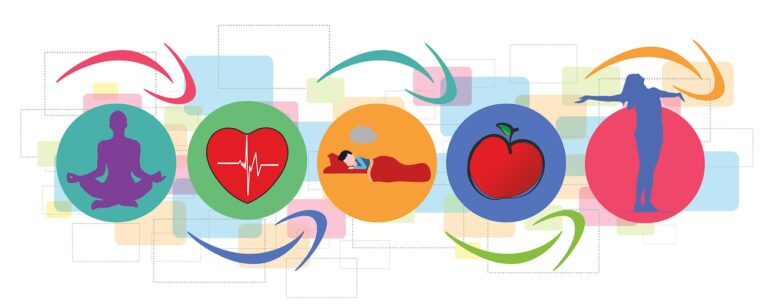The Impact of Processed Foods on Health
betbhai com whatsapp number, playexch, lotus365 in login password:The Impact of Processed Foods on Health
Processed foods have become a staple in many people’s diets due to their convenience and affordability. However, the consumption of processed foods has been linked to various health issues, including obesity, heart disease, and type 2 diabetes. In this article, we will delve into the impact of processed foods on health and why it’s important to limit their intake.
What are Processed Foods?
Processed foods are defined as foods that have been altered in some way during preparation. This includes foods that have been cooked, canned, frozen, packaged, or changed in nutritional composition with additives or preservatives. Examples of processed foods include sugary snacks, frozen meals, sodas, and fast food.
The Negative Effects of Processed Foods
1. High in Added Sugar and Unhealthy Fats: Processed foods are often loaded with added sugars, unhealthy fats, and sodium, which can contribute to weight gain and other health problems.
2. Low in Nutrients: Processed foods are typically low in essential nutrients like vitamins, minerals, and fiber, which are important for overall health and well-being.
3. Increased Risk of Chronic Diseases: Consuming a diet high in processed foods has been linked to an increased risk of chronic diseases such as heart disease, type 2 diabetes, and certain types of cancer.
4. Disrupt Gut Health: Processed foods can disrupt the balance of good bacteria in the gut, leading to digestive issues and a weakened immune system.
5. Promote Overeating: Processed foods are often high in calories and low in satiety, leading to overeating and weight gain.
6. Addiction: Some processed foods are designed to be addictive, leading to cravings and a cycle of unhealthy eating habits.
The Importance of Limiting Processed Foods
While it may be challenging to completely eliminate processed foods from your diet, it’s important to limit their intake and focus on whole, nutrient-dense foods. This can help improve overall health and reduce the risk of chronic diseases.
Here are some tips to reduce processed food intake:
1. Cook at Home: Cooking meals at home allows you to control the ingredients and avoid hidden sugars and unhealthy fats.
2. Read Labels: When buying packaged foods, read the labels and choose products with fewer ingredients and minimal added sugars and preservatives.
3. Choose Whole Foods: Opt for whole foods like fruits, vegetables, whole grains, and lean proteins instead of processed snacks and meals.
4. Plan Ahead: Planning your meals and snacks ahead of time can help you make healthier choices and avoid the temptation of processed foods.
5. Practice Moderation: It’s okay to enjoy processed foods on occasion, but try to limit them to special treats rather than daily staples.
6. Stay Informed: Educate yourself about the impact of processed foods on health and make informed decisions about what you eat.
FAQs:
Q: Are all processed foods bad for you?
A: Not all processed foods are bad for you. Some minimally processed foods, like frozen fruits and vegetables or canned beans, can be part of a healthy diet.
Q: What are some healthy alternatives to processed foods?
A: Healthy alternatives to processed foods include whole foods like fruits, vegetables, whole grains, nuts, seeds, and lean proteins.
Q: Can I still enjoy treats like chips and candy in moderation?
A: Yes, it’s okay to enjoy treats like chips and candy in moderation. The key is to limit their intake and focus on nutrient-dense foods most of the time.
In conclusion, the impact of processed foods on health is significant and can lead to various health issues. By making conscious choices to limit processed foods and focus on whole, nutrient-dense foods, you can improve your overall health and well-being. Remember, it’s all about balance and moderation when it comes to your diet.







